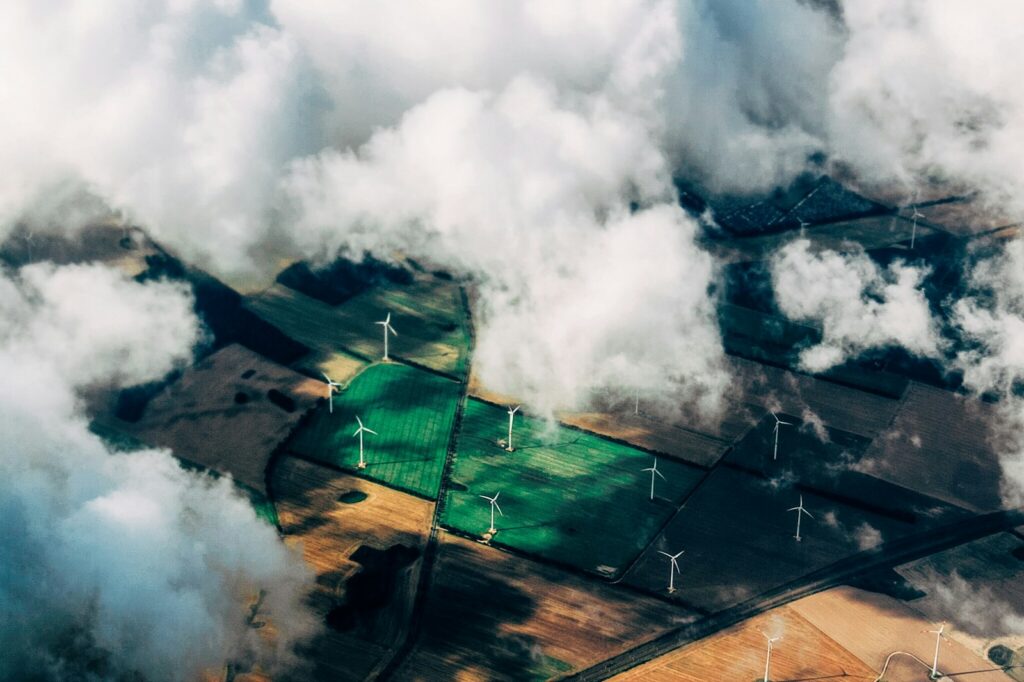Advocates of state intervention and regulation believe that these mechanisms can improve the environment by suppressing the free market. Over time, they have become an increasing challenge for defenders of capitalism and the free market economy. The solution to global warming, air pollution, and so on is therefore said to be less market and more state planning.
Before we examine the individual aspects of the problem, I would like to point out that I am by no means opposed to, let alone deny the need for, environmental protection. I am certainly not encouraging others to pour cyanide into the Bečva River, for example.
Index Here, Index There
For over 20 years, Yale University researchers have published the Environmental Performance Index (EPI), which ranks countries according to environmental cleanliness and ecosystem vitality, using parameters such as air quality, waste management, and climate change as indicators.
In this ranking, which assesses the situation in 180 countries, all the developed European countries are at the top. The 2020 EPI report made an interesting observation:
“One consistent lesson that can be drawn from the EPI is that achieving sustainability requires sufficient economic prosperity to finance public health and environmental infrastructure.”
This conclusion is reinforced by the Index of Economic Freedom, also known as the ‘capitalism index’, which measures the degree of economic freedom. A comparison of the results of the two indices and the rankings of individual countries reveals that those with the highest degree of economic freedom also have the highest EPI scores. The positive correlation is evident even in longer time series, which can compensate for any one-off effects.
However, the Index of Economic Freedom is not the only indicator that correlates with the EPI. There is also a correlation between the EPI and other indices, such as the World Bank’s Ease of Doing Business Index and the International Chamber of Commerce’s Market Openness Index. A study by Antwelier, Copeland, and Taylor used sophisticated mathematical models to conclude that free trade benefits the environment.
Regarding Cans and Mobile Phones
Many opponents of economic growth only perceive this phenomenon extensively. In other words, they believe that we will expand our activities even further, burning more rainforests and mining raw materials at greater depths, and consuming ever-increasing amounts of the materials produced.
However, they overlook the intensive aspect of economic growth, which enables us to increase efficiency and produce more goods and services using fewer resources. As the capitalist system naturally encourages reducing input costs in production, entrepreneurs are motivated to achieve ever greater savings in their quest for the greatest possible market share.
We can illustrate this with something as simple as beverage cans. While a can weighed an average of 85 grams at the beginning of the 20th century, today it weighs only 13 grams. This is a great example of intensive growth, where entrepreneurs also save on material costs.
Another option is dematerialisation, i.e., replacing physical materials with software (for example, accounting documents are now typed into a computer program rather than filled out on paper), or substitution, where cheaper sources of input are found, enabling us to achieve similar results to those that would be achieved using rare and expensive sources.
In my opinion, the phenomenon of intensive growth can best be illustrated by a small, common, everyday box that you are probably familiar with—the mobile phone. Just imagine if mobile phones did not exist, how many other devices we would have to buy—from landlines and giant phone books to alarm clocks, Walkmans, and Game Boys, to stacks of books and newspapers, which we now have all in one small device that is a prime example of the results of the market and capitalism, not irrational government regulation in an often theatrical effort to protect the environment. In short, it is all one big story about what is visible and what is not.
Written by Jakub Kunes



